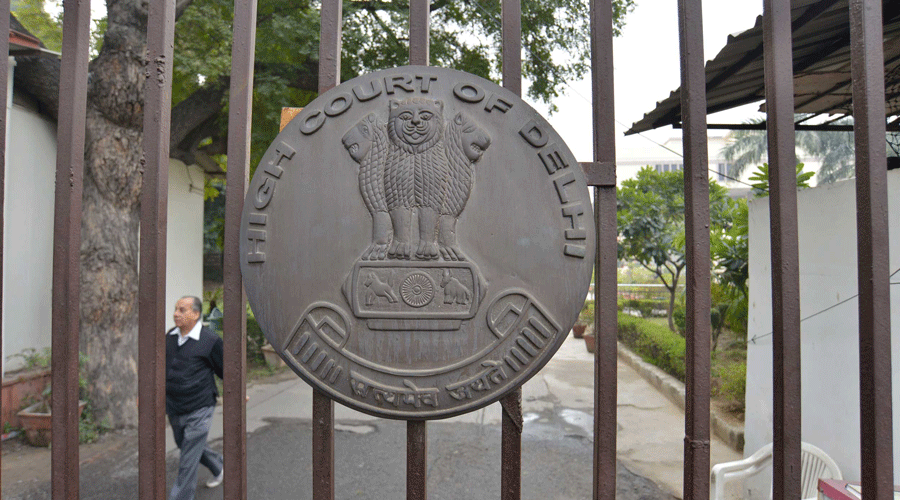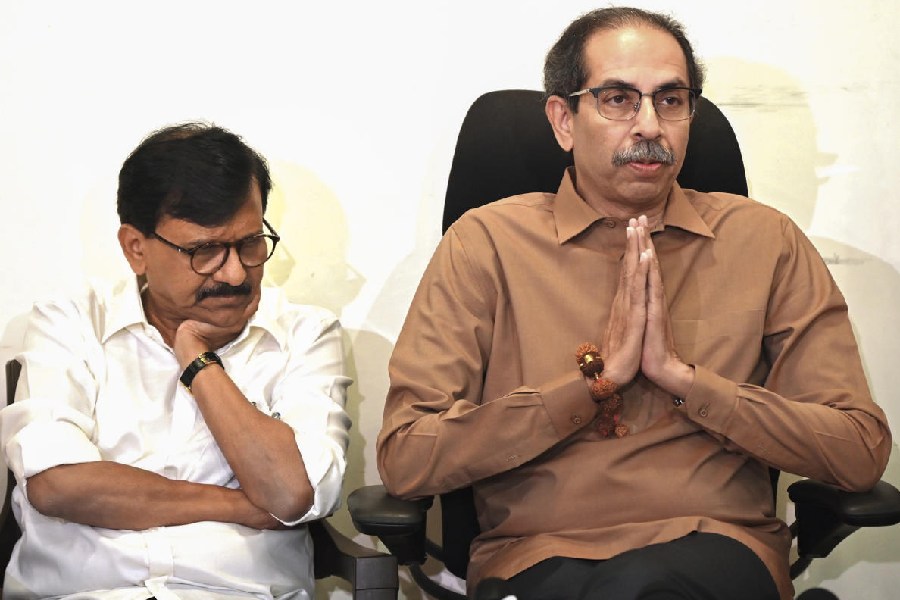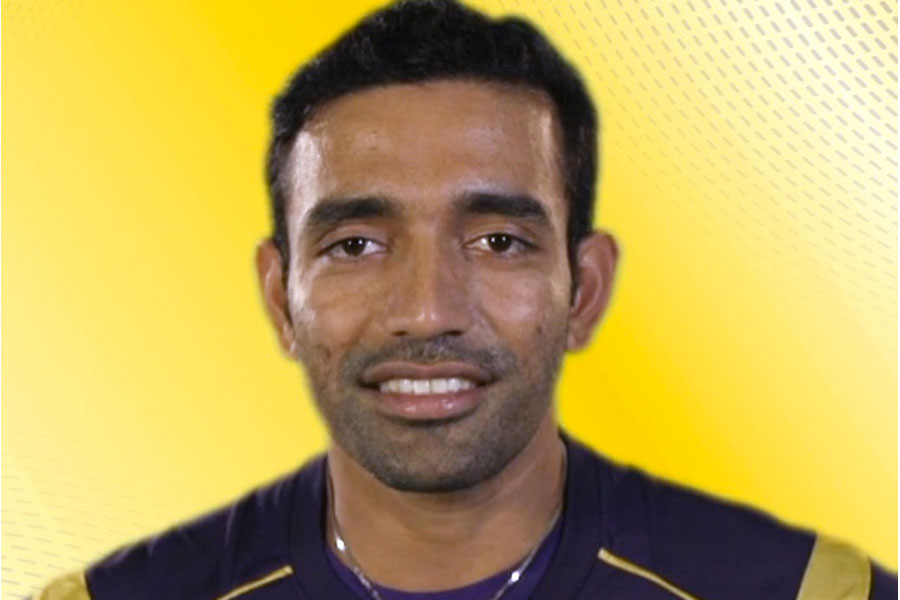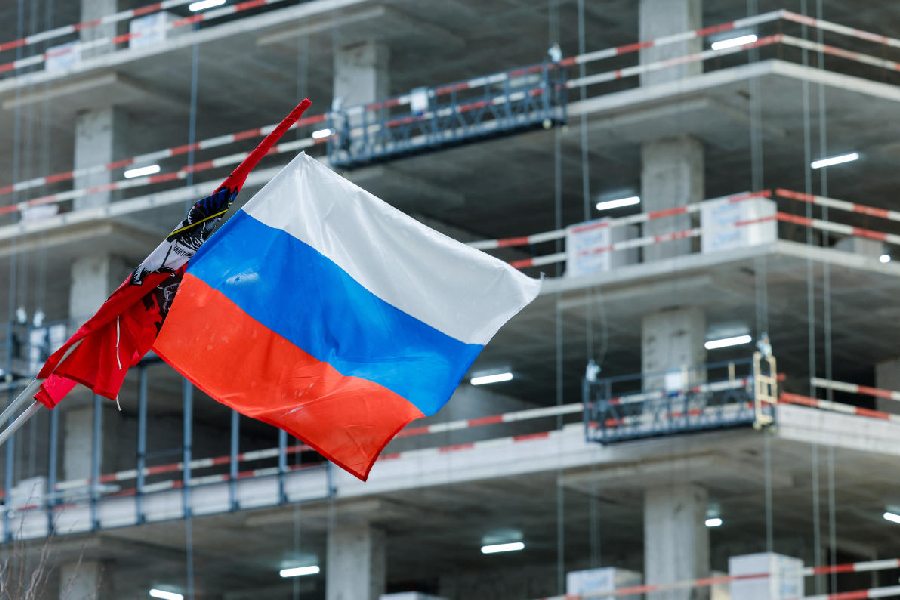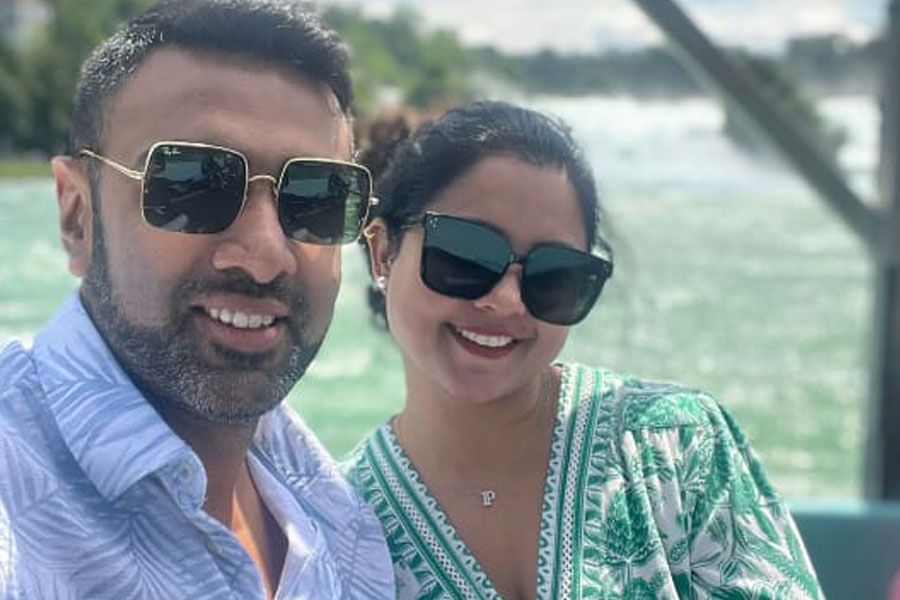A public interest litigation challenging corporal punishment of inmates for indiscipline came up for hearing before the Delhi High Court on Tuesday.
A bench of Chief Justice Satish Chandra Sharma and Justice Subramonium Prasad directed that the plea by lawyer Harsh Vibhore Singhal be listed for hearing on May 23 along with another plea by the petitioner against solitary confinement in jails.
The petitioner, in his plea, said certain provisions of the Prisons Act provide for punishments like whipping, restriction of food, penal diet, handcuffs, fetters and substitution of gunny or other coarse fabric for clothing for prisoners, which is demeaning and against the Constitution of India.
“That impugned sections make prisoners vulnerable to corporal punishments having no nexus with misconduct and are disproportionate to any legitimate objective.… Corporal punishments gravely infringe prisoners' human and fundamental rights, are dehumanising and degrading and get compounded by the derisive sadistic laughter of obstreperous and vituperative prison masters supervising such punishments,” the plea submitted.
The sections, the plea added, are ultra vires and in violation of Article 14, 19(1)(a), 20(2) and 21 of the Constitution of India.
The petitioner further asserted that such corporal punishments are designed to raise physical injury, pain and humiliation by infliction of physical wounds and destroy the hopes of reformation or rehabilitation.
It is also argued that the sections are discriminatory and promote corruption and only those who are “unable to ingratiate officials” suffer.
The plea also highlighted that India has ratified the UN Convention against Torture and Other Cruel, Inhuman or Degrading Treatment or Punishment and even the International Covenant on Civil and Political Rights (ICCPR) says that all degrading treatment is prohibited.
Except for the headline, this story has not been edited by The Telegraph Online staff and has been published from a syndicated feed.

